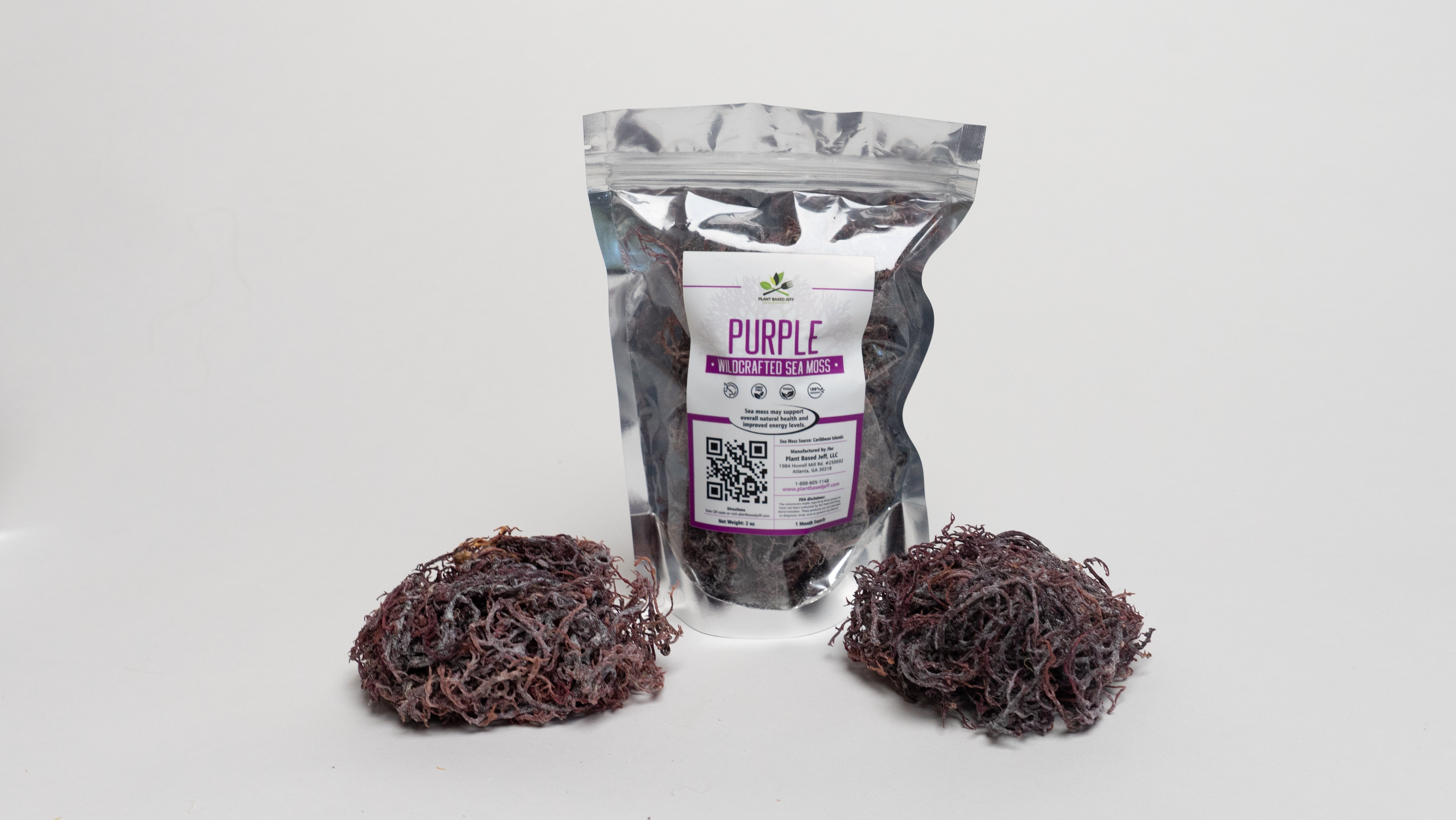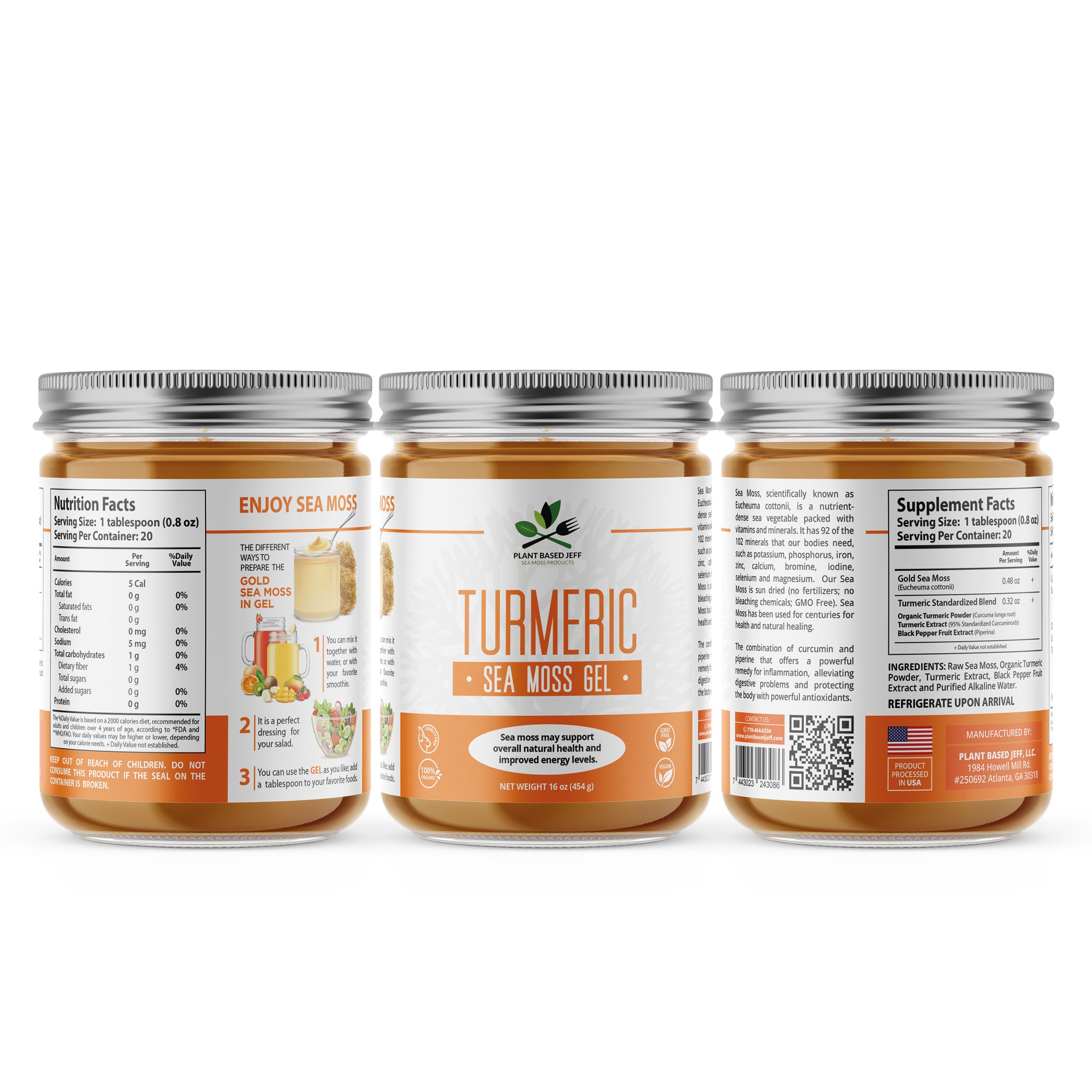
Here are 4 Ways Eating Sea Moss Helps With Hypothyroidism
If you're like most people, you probably think of sea moss as a type of seaweed. But did you know that this marine plant is actually a type of algae?
Seaweed and algae are often used interchangeably, but they are actually two different things. Seaweed is a type of plant that grows in the ocean, while algae is a type of plant that grows in both fresh and salt water.
So, what is sea moss?
Sea moss is a type of algae that is found in the Caribbean Sea. It is a red algae, and is also known by its scientific name, Gracilaria.
Sea moss has been used for centuries in folk medicine. It is said to have many health benefits, including the ability to treat hypothyroidism.
Hypothyroidism is a condition in which the thyroid gland does not produce enough thyroid hormone. This can lead to several symptoms, including fatigue, weight gain, and muscle weakness.
There is no cure for hypothyroidism, but it can be treated with medication. Some people with hypothyroidism also use natural therapies, such as sea moss, to help manage their symptoms.
So, how does sea moss help hypothyroidism?
1. It Can Help Improve Thyroid Function
Sea moss is a type of seaweed that is high in iodine, which is an essential mineral for proper thyroid function. It can help improve thyroid function by providing the body with the necessary iodine it needs to produce hormones. Furthermore, sea moss is a great source of dietary fiber, which helps to regulate the absorption of essential minerals and can help improve thyroid function.
2. It Can Provide Iodine
Iodine is an essential mineral for proper thyroid hormone production. Sea moss is an excellent source of iodine, which is necessary for the body to produce the hormones needed for a healthy thyroid. It can also help to regulate the body's levels of iodine, which can help prevent hypothyroidism. Additionally, since sea moss is a natural source of iodine, it can provide the body with a more stable source of this important mineral than synthetic supplements.
3. It Can Help Reduce Inflammation
Sea moss is high in anti-inflammatory compounds, such as carrageenan and fucoidan, which can help reduce inflammation throughout the body. This can be especially helpful for people with hypothyroidism, as inflammation can cause the thyroid to become overactive, leading to an increase in thyroid hormones. By reducing inflammation, sea moss can help to keep the thyroid functioning properly and reduce the risk of hypothyroidism.
4. It Can Provide Other Nutrients That are Important for Thyroid Health
Sea moss contains several nutrients that are important for thyroid health, including zinc, iodine, selenium, and magnesium. Zinc helps to support the thyroid gland, while iodine is necessary for the production of thyroid hormones. Selenium helps to support the immune system, and magnesium helps to regulate hormones. Additionally, sea moss contains antioxidants that can help reduce inflammation, which is important for thyroid health.
Conclusion
Sea Moss has been shown to be a promising natural remedy for hypothyroidism. It is rich in vitamins, minerals, and other nutrients that can help to improve the symptoms of hypothyroidism. Sea Moss is also a good source of iodine and selenium, which are essential for the proper functioning of the thyroid gland. Furthermore, Sea Moss contains antioxidants that can help reduce inflammation and reduce oxidative stress on the body, both of which are associated with hypothyroidism. Overall, Sea Moss is a great natural remedy for hypothyroidism and can help to reduce the symptoms and improve overall health.
If you're looking for a place to buy Sea Moss in Georgia, Plant Based Jeff is the solution. We provide various Sea Moss products, from dried Sea Moss in packs to sea moss capsules and sea moss gummies. We also offer fast shipping on our products. Check out our products today and experience the benefits of Sea Moss tomorrow.


Leave a comment
This site is protected by hCaptcha and the hCaptcha Privacy Policy and Terms of Service apply.